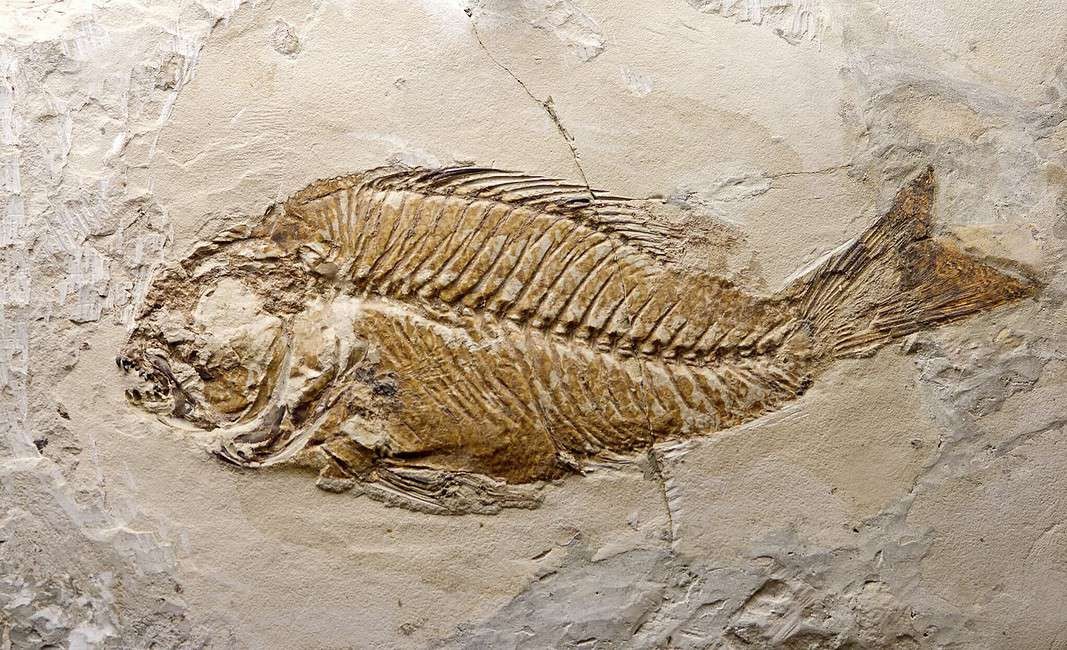Researchers have studied the fossilized remains of fish from the ocean’s “Twilight Zone” to find out how these species responded to climate warming.
The researchers studied the fossilized “otoliths” — small stones in the inner ear of bony fish that facilitate their sound and balance perception — of fish dating back from the Interglacial and Pleistocene glacial periods.
The effects of global temperature on these “Twilight Zone” fish, which are an important food source and store of carbon dioxide, were remarkable. While the scientists found that global temperatures jumped by 4 degrees C (39.2 degrees F) during the Interglacial period, the effect on fish size was remarkable! The creatures shrank in size by 35% on average!
The research was led by the University of Vienna Geologist-Palaeontologist Konstantina Agiadi, and was funded by the Austrian Science Fund (FWF).
Agiadi commented on the new study, stating:
“[S]carcely any studies had thus far addressed consequences of climate warming on the deeper part of the oceans, the twilight zone.”
While study co-author and head of the Department of Palaeontology Martin Zuschin stated:
“Any adverse effects of climate warming on mesopelagic fishes are therefore expected to impact the oceans’ ability to reduce atmospheric carbon dioxide – and with regard to the current climate warming these are alarming news,”
You can find out more information here.

